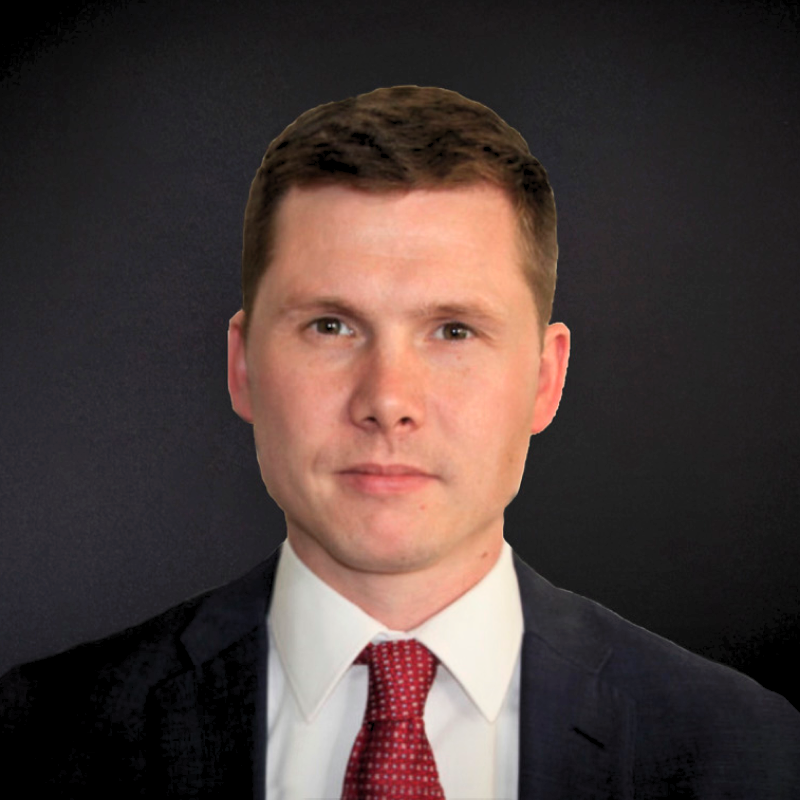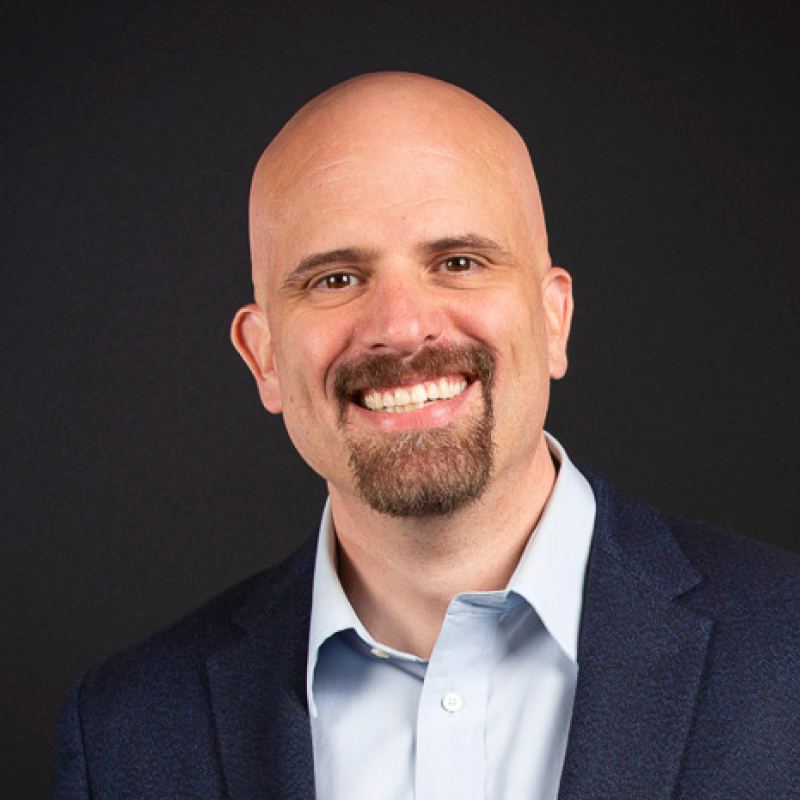ANNOUNCEMENT: ICLE Scholars Caution EU on Changes to Standard-Essential Patents
BRUSSELS (May 11, 2022) — European policymakers should proceed with caution as they look to update the legal framework that underpins licensing of standard-essential patents (SEPs), scholars with the International Center for Law & Economics (ICLE) argue in comments filed with the European Commission.
Responding to concerns about patent holdup and royalty stacking affecting SEPs, the commission is considering changes that would constrain SEP holders’ ability to seek injunctions against alleged infringers. But the empirical evidence suggests that the current system works and that the ills associated with the alleged overenforcement of intellectual-property rights do not materialize in industries that rely on SEPs, according to the filing from ICLE President Geoffrey Manne, Director of Competition Policy Dirk Auer, Director of Innovation Policy Kristian Stout, and Associate Director of Legal Research Ben Sperry.
“It is simply not helpful for a regulatory body to impose a particular vision of licensing negotiations if the goal is more innovation and greater ultimate returns to consumers,” the ICLE scholars write. “Instead, where possible, policy should prefer allowing parties to negotiate at arm’s length and to resolve disputes through courts. In addition to maintaining the sometimes-necessary remedy of injunctive relief against bad-faith implementers, this approach allows courts to explore when injunctive relief is appropriate on a case-by-case basis.”
ICLE cautions that weakening protections for SEP holders would encourage firms to integrate vertically, rather than to specialize; reduce startup companies’ access to capital markets by making it harder to collateralize intellectual property; and erode American and European firms’ technological leadership.
Journalists interested in interviewing ICLE scholars about standard-essential patents should contact ICLE Editor-in-Chief R.J. Lehmann at [email protected] or 908-265-5272.









